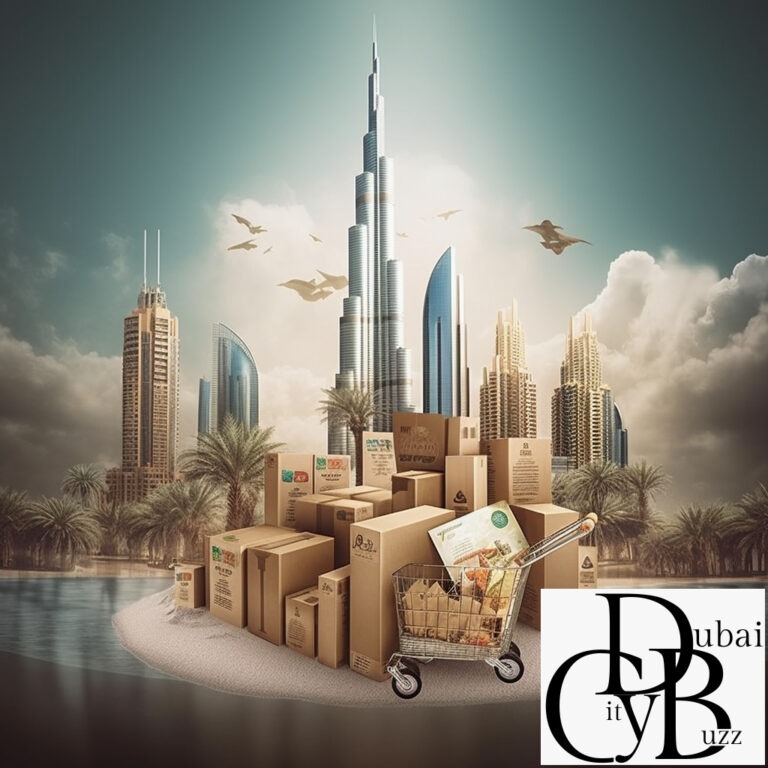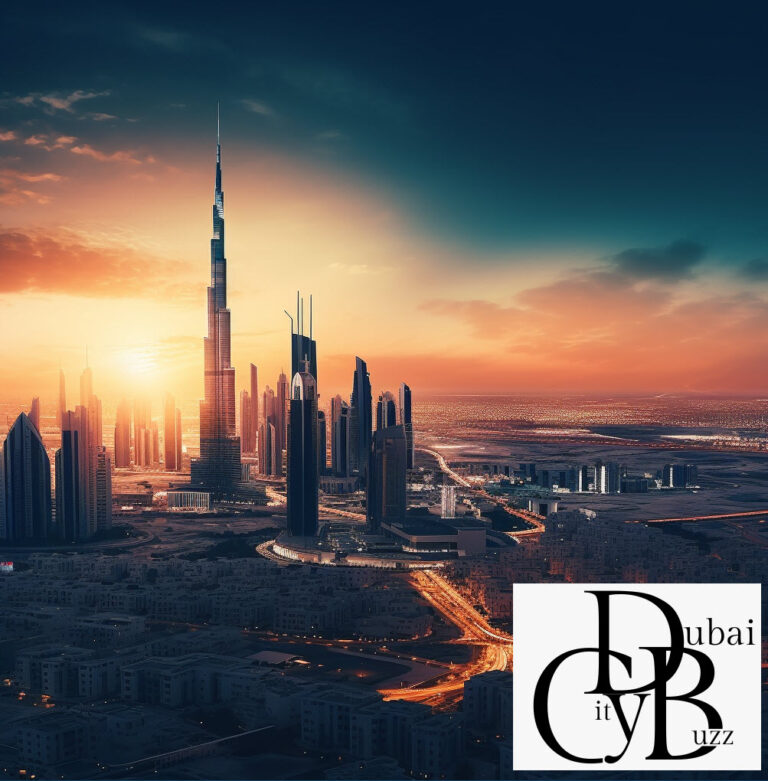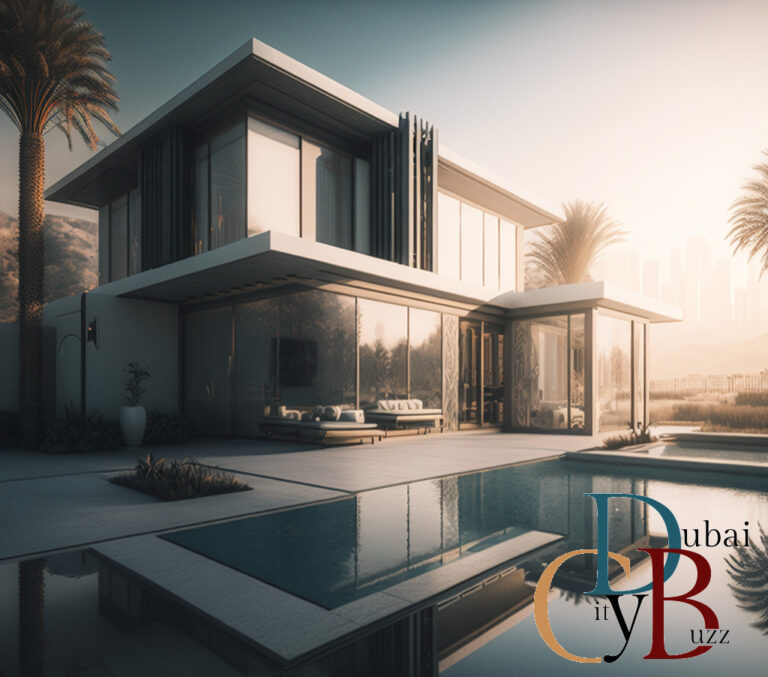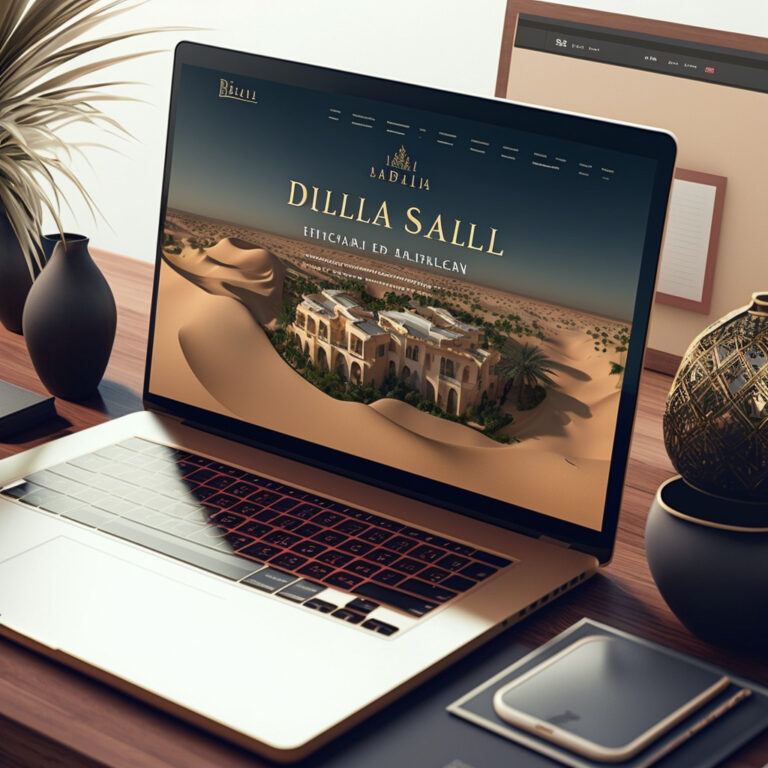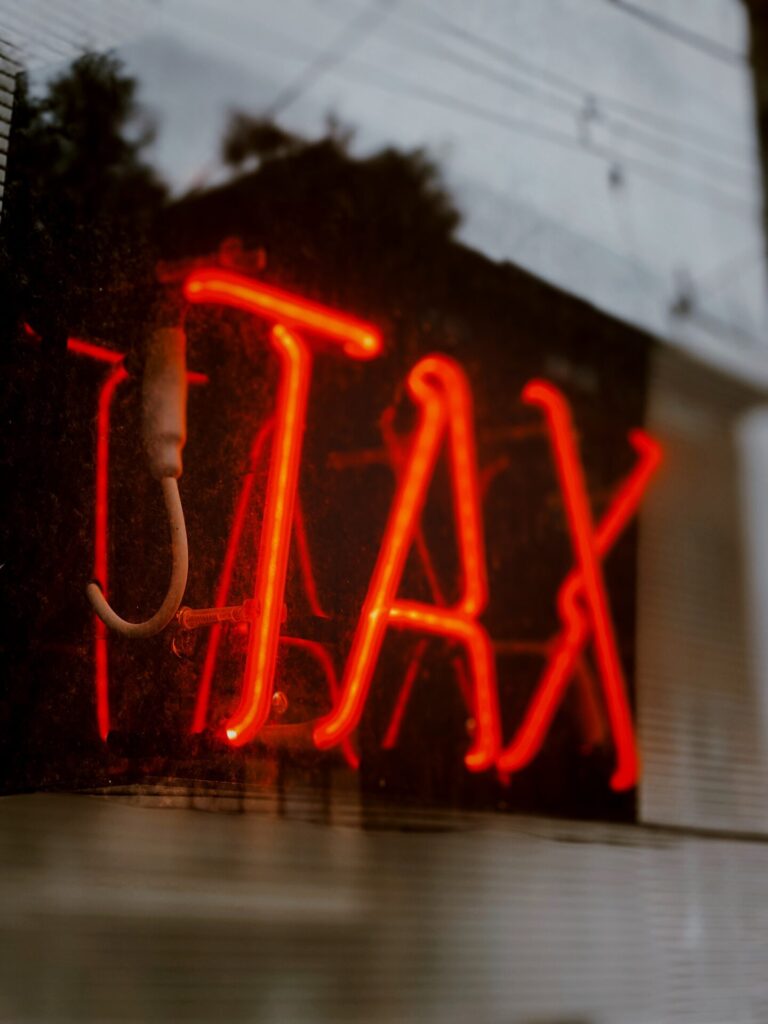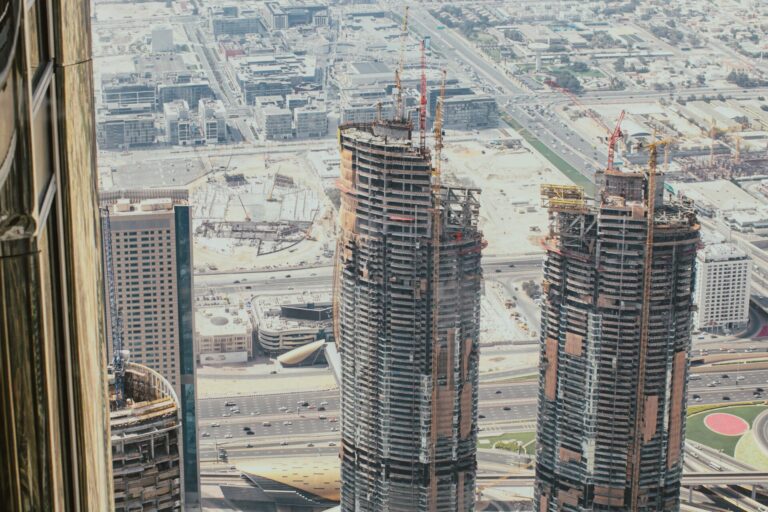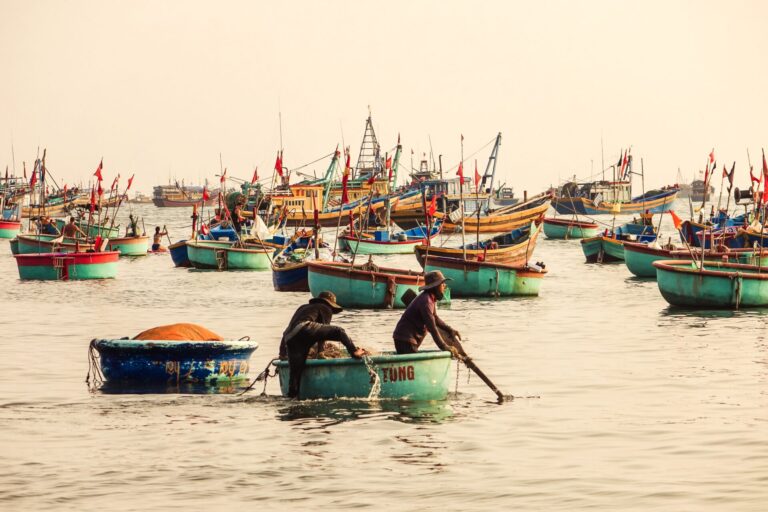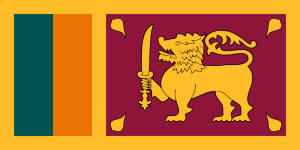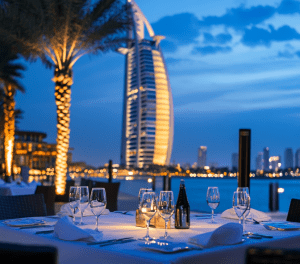To start an e-commerce business in Dubai, you will need to obtain a trade...
Dubai has become a hub for businesses looking to establish themselves in the Middle...
If you’re interested in buying or renting property in Dubai, working with a real...
Welcome to Dubai City Buzz, your ultimate source for real estate and other news,...
Dubai is a vibrant and rapidly growing city that has attracted investors from around...
Dubai is known for its luxurious lifestyle and stunning architecture, but it’s also a...
Dubai’s real estate market has been booming in recent years, making it an attractive...
Dubai, a global city and business hub in the United Arab Emirates, is a...
Passive income is the money earned without active involvement in the income-generating activity. Dubai,...
Ramadan in Dubai: Experience the Beauty of Spirituality, Community, and Culture Dubai is known...
